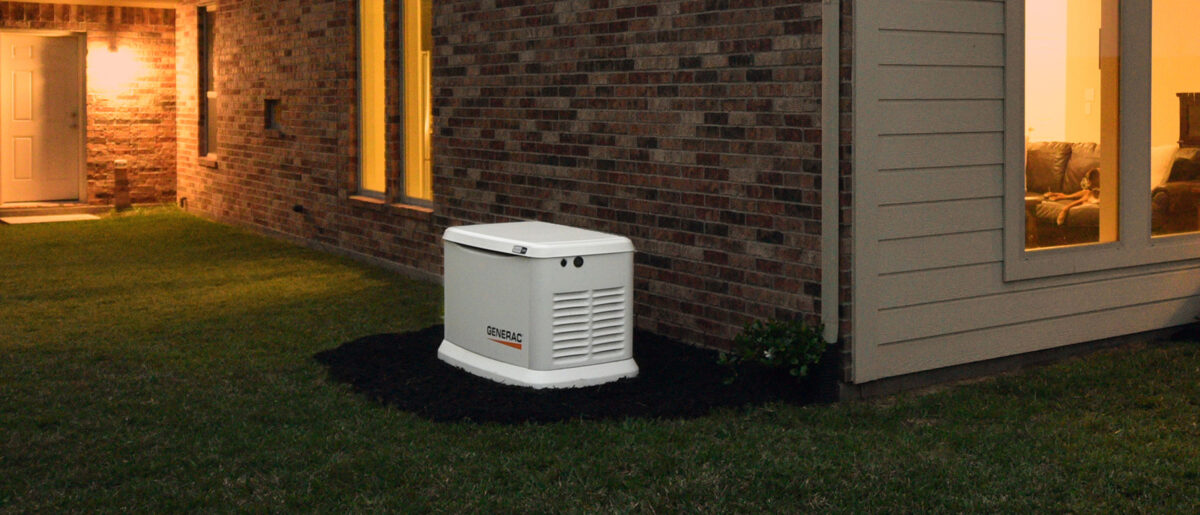As home backup generators become more ubiquitous, so has the need for service, repair and maintenance. Modern generators are
built to higher standards than ever, however, they are still internal combustion engines that consume vaporous gas to turn
magnetized rotors inside wound stators to deliver electricity within precise specifications to a home with sensitive electronics.
Sounds complicated, right? Well, to a trained and seasoned generator technician, it’s just another day at the job.
Despite the improved production and QA standards, just like your car, HVAC system or septic system, these machines require
periodic inspection, maintenance, and sometimes, repairs. Like anything, catching issues early is the key to ensuring long life and
maximum functionality. Furthermore, virtually every manufactured system has its own “gremlins”. An experienced technician,
working for a reputable company that keeps up with training and service publications, can work these issues out of a generator to
ensure maximum reliability. After all, an emergency power system that fails in an emergency is unfortunate irony.
Service agreements are an excellent way to keep your generator functioning as well as possible with regular inspections of the most
common failure points as well as engine maintenance, valve train maintenance, battery health, oil leak checks, etc. Services should
be performed twice a year, usually before the summer and winter seasons. In the spring, checking for insect infestations, oil leaks,
battery terminals, and a clear record of regular starts over the winter months is important. In the fall, checking fuel levels, gas
pressure, vegetation overgrowth, and possibly load-banking units to ensure the unit can generate the amount of power that it is
rated to produce is important. Winter loads for electrically heated homes are generally higher than summer loads.
In addition to purchasing a service agreement for your generator, Generac customers can purchase extended warranties for up to 10
years. These warranties indemnify the homeowner of repair costs and includes labor and parts. Generac pays certified technicians
to diagnose, procure parts and make necessary repairs for units under warranty. Companies that employ Generac certified
technicians stock most parts for common units, such as air-cooled Guardian series units, making repairs expeditious and efficient.
Consider the difference between the following: being informed by your technician that your generator experienced an issue, was
repaired and tested with no charge – or – experiencing an outage only to find out that your generator failed to start when you really
needed it.


